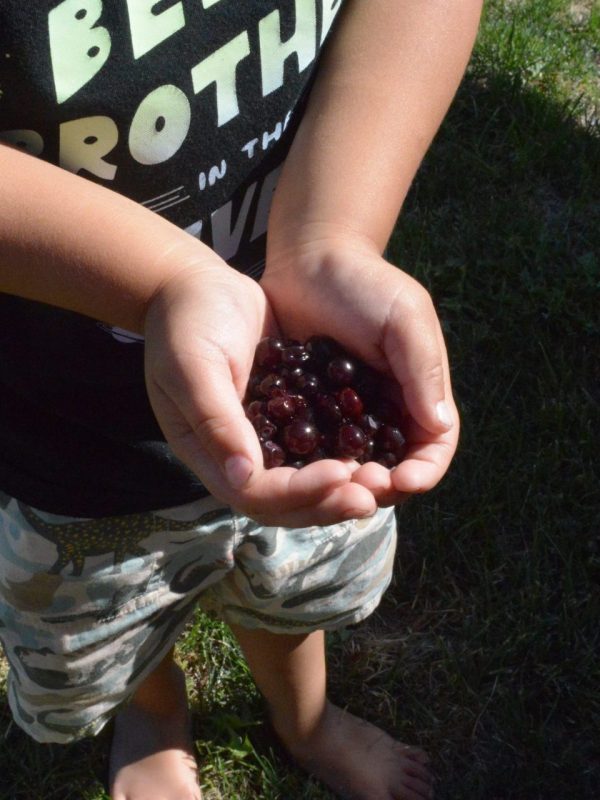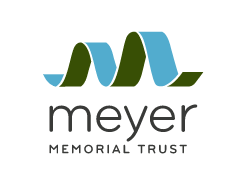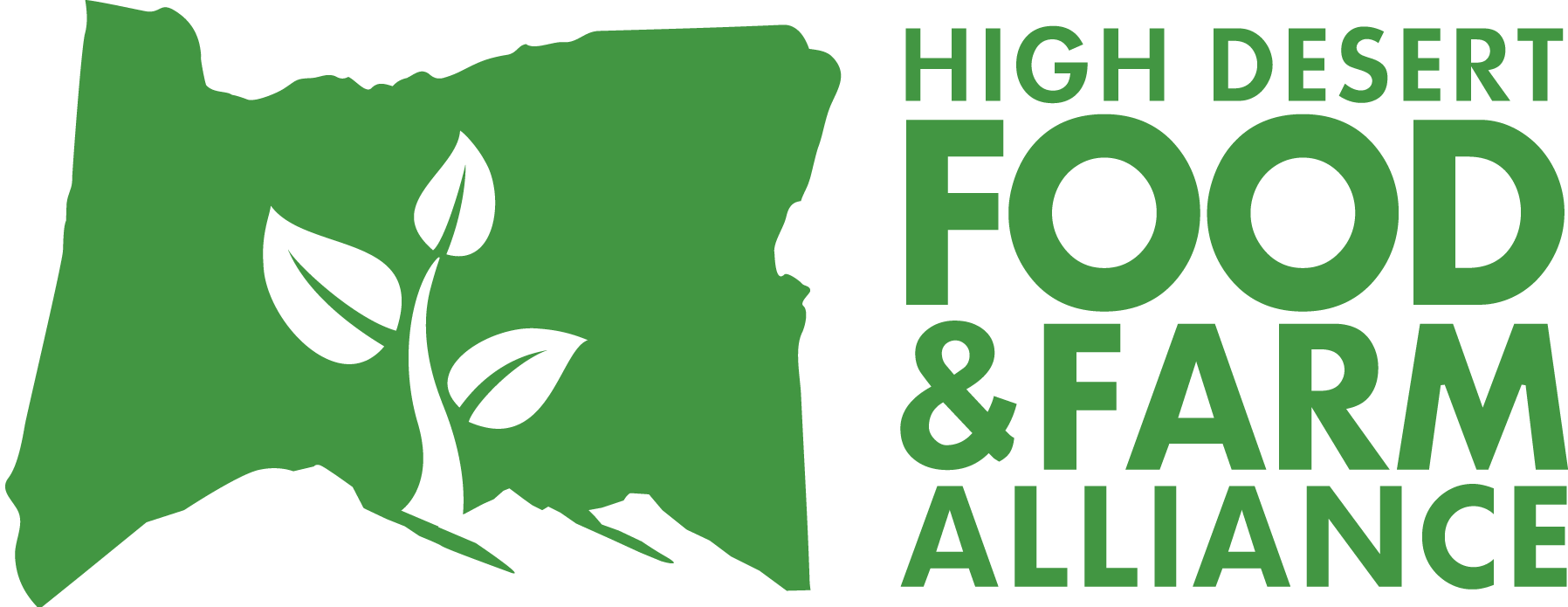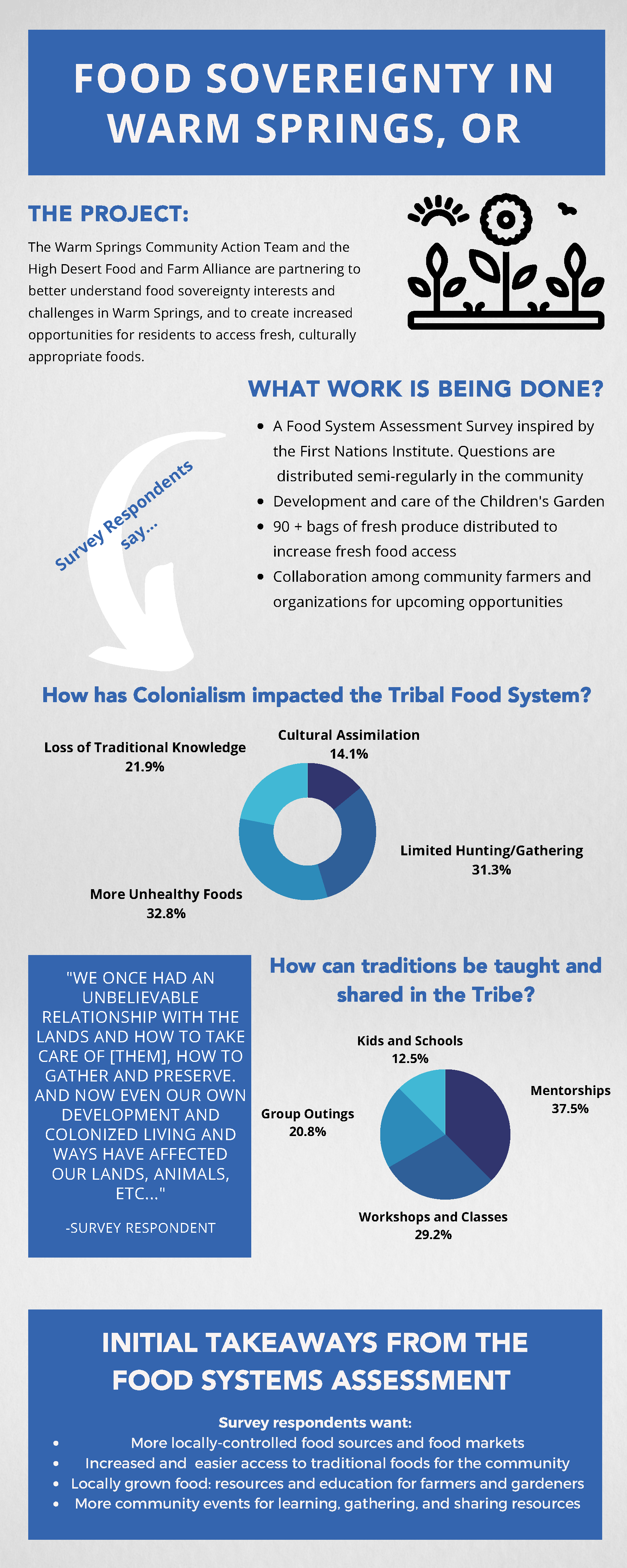Warm Springs Partnership
Cover photo courtesy of Carina Miller
Shuwiyasha Food Sovereignty Project
Information provided in collaboration with WSCAT, www.wscat.org
Shuwiyasha means “to stop and look at everything” in Ichishkiin, one of the three heritage languages of the Confederated Tribes of Warm Springs.
The Warm Springs Community Action Team aims to support community, private, and Tribal sustainable farming and food production projects with a focus on breaking down internalized colonization within those systems. They are conducting this project in partnership with the HDFFA to reduce health inequities by increasing community knowledge around food systems and food sovereignty, increasing access to fresh foods, and laying a foundation for future local food production.
HDFFA’s Role
We are working to change the narrative, as explained by Illuminative, by stepping out of the leadership role and playing a supportive role to Warm Springs Tribal members at the Warm Springs Community Action Team. Instead of leading the conversation, advising, fixing the problem or facilitating the solution, we are listening and supporting tribal efforts in this joint food project.
Warm Springs
The Warm Springs Reservation is experiencing a food apartheid and community members face numerous systemic barriers on the local, state, and federal level. The Tribal government spends a majority of its money, employee capacity, and legal power on land management and protection. Tribal peoples’ connections to the land, water, and animals are intertwined with who they are. Traditions have been passed down but access to first foods, medicines and traditional lands have been intentionally severed; although many families have passed on teachings, too many do not have access.
Our food sovereignty is centered on a connection to traditional foods, the gathering, hunting, fishing, preservation and preparation of these foods, and the Tribal life views associated with them. It is the right to define our own agricultural, labor, fishing, food and land policies which are ecologically, socially, economically and culturally appropriate. It includes the true right to access food and to produce food, which means that all people have the right to safe, nutritious and culturally appropriate food and to food-producing resources and the ability to sustain themselves.
With this project, we aim to plant seeds of thought within community members when we are talking about foods and food systems, to make connections to and amplify the traditional aspects of our daily food habits, to show how healthier choices impact our cognitive, cultural, physical, and economic food systems, and to recognize and break down internal colonization within our community. Our project will help community members become more trauma informed and begin to address lateral oppression, much of which started in the form of Federal government policy.



WSCAT Project Lead
Carina Miller,
carina@wscat.org
HDFFA Project Support
Emily Ralston, Food Access Manager
emily@hdffa.org
Project Outcomes
Provided by Carina Miller
The past year food access has increased due to many programs in the Warm Springs community, with more fresh produce becoming accessible, and more opportunities for traditional food learning in the form of food pantries, giveaways and classes. We plan on growing these successes by adding more classes, another greenhouse, a speaker event, more trips and activities around food with our youth summer program, and increasing relationships with local farmers around us. We are looking to work on a traditional foods project for our community members as well, with short films, children’s books, and resources for Tribal folks wanting to learn more about first foods.
Additional outcomes include:
- Fresh Harvest Kit are distributed each summer at the Thursday Market.
- HDFFA and ThermoFisher volunteers, in partnership with the Warm Springs Community Center, constructed a greenhouse at the Children’s Learning Garden.
- Fruit trees were planted around the community last summer to increase access to fruit and learn more about what can sustain here.
- Farm incubator project to provide resources, learning opportunities, and best practices to generate local Tribal farmers.
- Aswan’s Garden children’s book written and illustrated by Carina Miller.
- HDFFA’s VeggieRx program is offered in Warm Springs through the Health Services in partnership with the WIC program.
2024 goals
- Traditional development – Increasing time dedicated to hunting, fishing, gathering, and digging in a way that supports learning and development of traditional knowledge.
- Community culture enrichment – Tabling at community events and providing tribal-based materials for families.
- Children’s Learning Garden – Hands-on support in the garden.
- Produce giveaway – Continue to partner with local farms and HDFFA to distribute Fresh Harvest Kits and offer VeggieRx in Warm Springs.
- WSCAT Community Garden – Secure funding for greenhouse construction at the WSCAT office where flowers and vegetables starts can be grown and then given away at an outdoor market. Create a first foods program to promote learning about growing and preserving first foods.
As we continue to build relationships and partnerships within the community and with the Warm Springs Community Action Team, our goal is to support tribal-led programming that is identified by members of the Confederated Tribes of Warm Springs.


Funding provided by:






